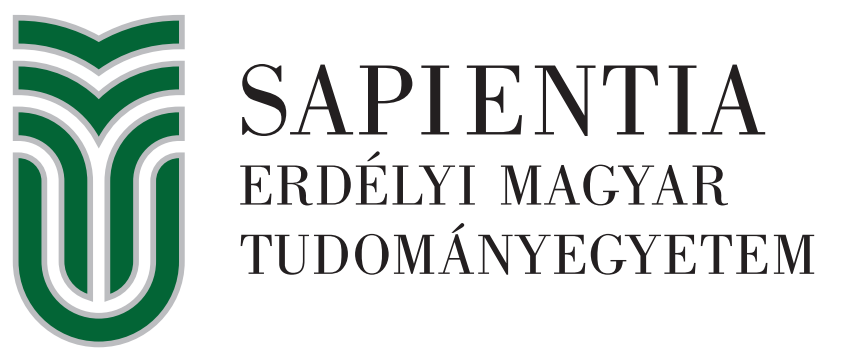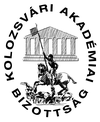
George Gömöri: Review, Láng Zsolt: Berlinév. World Literature Today, May-August 2005.
ZSOLT LÁNG belongs to the younger generation of Transylvanian Hungarian writers who have appeared on the scene in the past fifteen years. He is a fertile writer, and Berlinév (A Berlin year) his tenth book, is a slim collection of very short stories - more like sketches - as well as interviews. What makes the book eminently readable is the author’s idiosyncratic approach to the reality that surrounds him. Láng collected his material on a year-long scholarship to Berlin from Marosvásárhely (Tîrgu Mureş), a town in Romania where the population is evenly split between Romanians and Hungarians. Láng is, by definition, an open-minded multicultural observer. He notices certain details of Berlin that might have eluded the attention of others and evokes different facets of this great city; at the same time, he clearly lives on another level, within his own Transylvanian Hungarian reality. The two realities often enmesh and produce readable and entertaining prose.
Coming from a country that suffered decades of debilitating dictatorship and is still outside the European Union, Láng cannot avoid making comparisons between the behavior of both people and authorities in Berlin and his native land, whether in the context of the cleanliness of the streets or an individual’s attitude toward a lime tree. Most of these are in favor of the more civilized Berliners. There is, however, satisfaction in noticing the presence of Hungarian literature and culture in Germany, whether in the form of Imre Kertész’s reading at the Leipzig Book Fair or Zoltán Kocsis playing Bartók in Berlin. As an admirer and translator of György Petri, I was particularly amused by an anecdote quoted by Láng about an adventure of Petri’s in a somewhat disreputable house in Berlin.
Apart from Hungarians, some German writers and critics (e.g., Reich-Rainicki) are also mentioned in Berlinév, but the most interesting characters whom the writer meets in Berlin remain nameless. They come to life, though, being interviewed - here Láng uses the technique of Dezső Kosztolányi in his collection of "professional interviews" made in the 1920s. There are five interviews and one pseudo-interview in the book - all in the form of dialogues. Of these, probably "Az olvasás öröme" (The joy of reading) is the most amusing, being an interview with an educated black woman who turns out to be a prostitute. A close second is the interview with a (non-German) composer of very noisy "avant-garde" music who seeks solitude and enjoys "the music of snow" (i.e., silence), most of all. Neither of these individuals is a "Berliner," but people Láng came across in Berlin - that is, fellow foreigners. Láng seems to have other foreign friends, whether Finnish or Portuguese, with whom thoughtful comparisons can be made about respective languages or national histories.
Berlinév is illustrated with the photographs of Judit Felméri, who is probably the author’s wife. Felméri’s snapshots fit into the text discreetly; both she and the author should be praised for this book, which was elegantly published by the hitherto little-known but apparently flourishing publishers Koinona of Kolozsvár (Cluj-Napoca) in Romania.
George Gömöri
Darwin College, Cambridge













